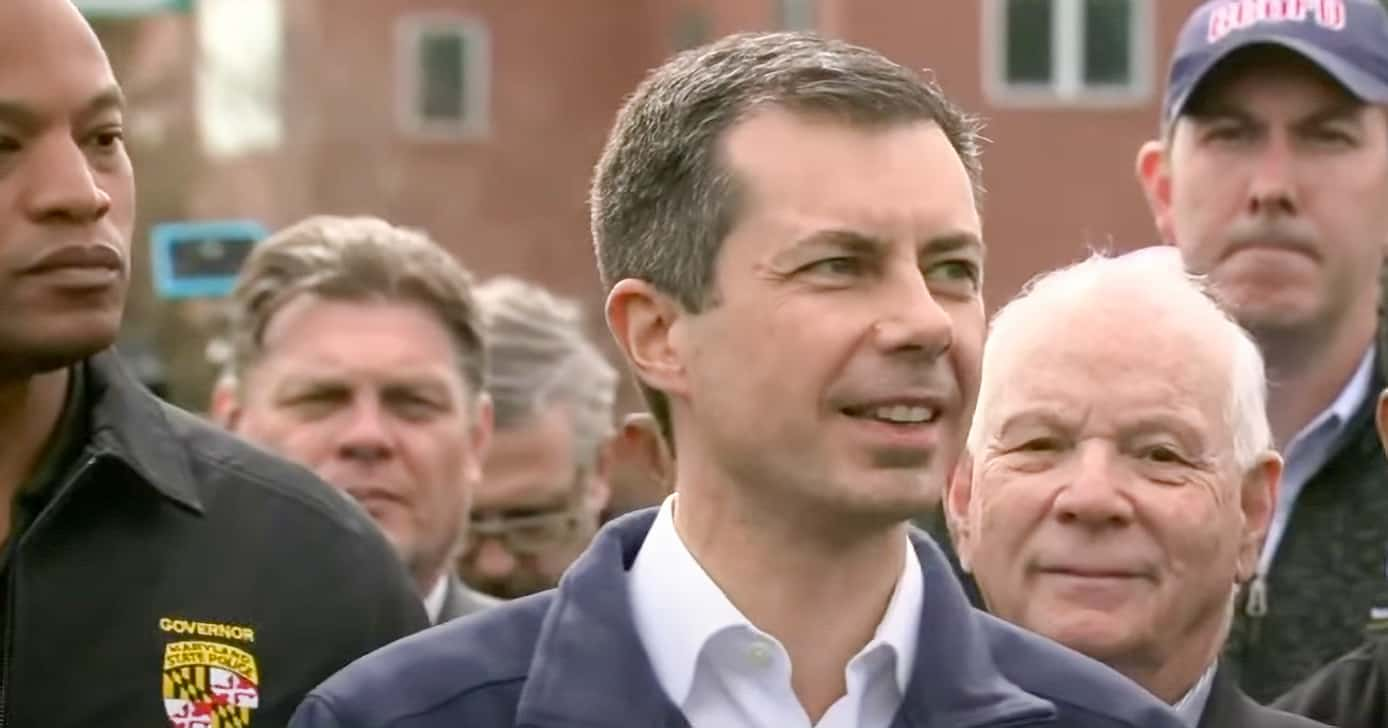Mulling Over Marijuana
The District and Maryland are headed for a crash course in pot politics
RALLYING FOR RECREATIONAL USE
It is against this backdrop that the fight over non-medicinal marijuana will take place in the District. While Mayor Vincent Gray (D) has indicated he is supportive of the idea of decriminalizing marijuana possession, as recently as the past summer, his office has reported that the mayor thinks D.C. government should focus its efforts on implementing the District’s medical marijuana program before attempting more difficult goals of decriminalization or legalization.
Still, led by councilmember and mayoral candidate Tommy Wells (D-Ward 6), the D.C. Council is poised to vote as soon as Feb. 4 on a bill that would decriminalize, meaning lessened penalties, for those caught possessing marijuana. Under current District law, the penalty is a fine of $1,000 and up to six months in jail. Under Wells’s bill, that fine would be reduced to $25.
Proponents of the measure — a clear majority of the 13-member council, though with varying degrees of enthusiasm — say that the legislation is needed to combat racial disparities among people arrested for marijuana possession. As currently written, the bill also includes a fine of $100 for people caught smoking marijuana who do not identify themselves at a police officer’s request, and a separate fine of $100 for smoking marijuana in public. But even if the bill passes and receives Gray’s signature, it will have to pass a 60-day congressional review period during which Congress could choose to overturn or halt the law.
At the same time that Wells’s decriminalization initiative is receiving a vote in D.C. Council, other D.C.-based marijuana activists are pursuing a ballot initiative that would make it legal to possess up to two ounces of marijuana, grow up to three plants at one’s home, and transfer up to an ounce of marijuana to another person. In order to appear on the ballot, the referendum would have to be approved by the D.C. Board of Elections and Ethics, weather potential challenges to its wording, and gather petition signatures from at least 5 percent of D.C.’s registered voters — including at least 5 percent of registered voters in five of the city’s eight wards. Then, if enough signatures were determined to be valid, voters would have to approve the measure, which, again, would be subject to congressional oversight.
But legalization is not a foreign concept to the D.C. Council. Last September, Councilmember David Grosso (I-At Large) introduced a bill that would legalize, regulate and tax marijuana — at 6 percent for the sale of medicinal marijuana, but 15 percent for all other uses — but that bill has largely been sidelined in favor of Wells’s decriminalization measure.
Additionally, if opinion polls are to be believed, the public is highly supportive of not just decriminalization, but full legalization. A January Washington Post poll of 1,003 adult D.C. residents found that 63 percent support full legalization. Meanwhile, 16 percent oppose legalization, but support decriminalization. Only 17 percent saying they both oppose legalization and oppose or do not have an opinion on decriminalization.
Even so, support for decriminalization — not to mention legalization — is not universal. Metropolitan Police Department Chief Cathy Lanier has said decriminalization is worthy of “robust discussion,” but has also alleged that arguments in favor of decriminalization are “flawed.”
Substance abuse prevention groups, such as the Alexandria-based international Community Anti-Drug Coalitions of America (CADCA), fiercely oppose legalization, going so far as to criticize President Barack Obama for comments he made in an interview with The New Yorker that he believes marijuana is no more dangerous than alcohol, even though he also said he’d discourage his daughters from using the drug.
“CADCA is concerned that only a portion of what the President said during his interview has made headlines, when in fact the President expressed some serious concerns about marijuana legalization,” Gen. Arthur T. Dean, chairman and CEO of CADCA, said in a Jan. 23 press release. “CADCA believes that substance abuse is a public health concern and has wide-reaching negative effects on our young people and society. So we agree with President Obama’s comment that marijuana use is a ‘bad habit,’ a ‘bad idea and a waste of time.’ We also echo the President’s sentiment that the case for marijuana legalization is ‘overstated’ and will not solve the many social problems our society faces.”
“The President also noted that the marijuana legalization experiments in Colorado and Washington might create a ‘slippery slope’ where people begin suggesting that we legalize harder drugs like cocaine and methamphetamine,” Dean continued. “CADCA couldn’t agree more.”
Regarding legalization, political observers should keep their eyes on the gubernatorial campaign of Maryland Del. Heather Mizeur (D-Montgomery Co.), who has proposed legalizing, taxing and regulating the substance in order to generate the revenue needed to pay for universal pre-kindergarten for all Maryland children, while reducing what the state spends on incarcerating some people convicted of possession of marijuana.
Under Mizeur’s plan, adults 21 and older would be permitted to possess up to an ounce of marijuana and up to five grams of concentrated marijuana. Smoking in public, or driving while under the influence of marijuana, would remain illegal at any age. Mizeur also proposes a range of fines and jail times for those caught breaking such laws or those seeking to traffic marijuana. Minors caught possessing marijuana would be fined, and could be required to submit to drug and alcohol counseling.
On the tax side, Mizeur’s plan imposes a $50 excise tax per ounce at the point of sale between cultivators and retailers, and a 6 percent sales tax and 2 percent excise tax on those purchasing marijuana from retailers. According to Mizeur, if the estimated price of a gram is $7, Maryland could expect to generate between $122.5 million and $157.5 million.
But Mizeur also acknowledges that her state might not be ready to automatically embrace legalization, largely because Maryland is still playing catch-up on other fronts related to marijuana.
“We do have a medical marijuana law, but it’s rather conservative,” she says. “It passed last year, and it hasn’t been implemented in the way everyone had hoped. The sponsor of the bill is coming back this year with revisions that will put it more in line with what other states have done.”
On whether decriminalization is necessary before tackling legalization of the drug, Mizeur says, “I don’t think it has to come first, but I do acknowledge that it might take an election to get a mandate from the voters, to change old ways of thinking about this in Annapolis. At a minimum, we’re going to need a Mizeur-Coates administration to get legalization passed.”
Regardless, Mizeur is has sponsored a bill aimed at decriminalizing marijuana.
“At a minimum, we need to leave this session having reformed the laws so people’s lives aren’t ruined and entangled in our criminal justice system unnecessarily,” she says of her priorities.
So, while legalization won’t be taking effect soon, both the District and Maryland are likely to become ensnared in the debate over the effectiveness of decriminalization and whether the policy achieves its intent.
“Given what’s happened in Colorado and Washington, I think that’s the path we’re on,” Hawkins says of the District’s progress toward more liberal marijuana laws. “But any changes to our medical marijuana program, or decriminalization will have to be able to get through Congress. Adding something like drug and alcohol counseling or treatment for those who do get caught with marijuana to a decriminalization bill might make it easier to pass, because people can become psychologically, if not clinically dependent.”
Support Metro Weekly’s Journalism
These are challenging times for news organizations. And yet it’s crucial we stay active and provide vital resources and information to both our local readers and the world. So won’t you please take a moment and consider supporting Metro Weekly with a membership? For as little as $5 a month, you can help ensure Metro Weekly magazine and MetroWeekly.com remain free, viable resources as we provide the best, most diverse, culturally-resonant LGBTQ coverage in both the D.C. region and around the world. Memberships come with exclusive perks and discounts, your own personal digital delivery of each week’s magazine (and an archive), access to our Member's Lounge when it launches this fall, and exclusive members-only items like Metro Weekly Membership Mugs and Tote Bags! Check out all our membership levels here and please join us today!























